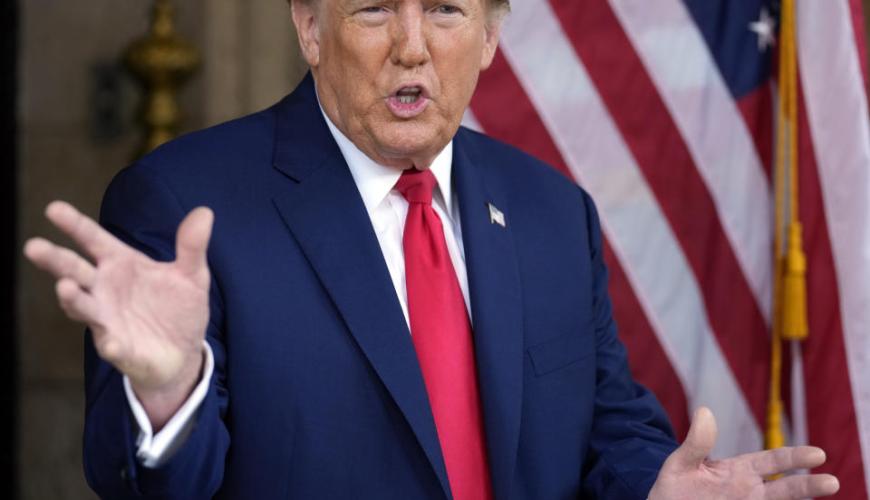The Political Gains from Trump's Failed Trade Wars
- 12 February 2024 2:00 AM

Donald Trump’s trade wars didn't bring the desired economic success. Despite declaring that American manufacturing would flourish owing to import tariffs and other protectionist measures, the reality was far from it. However, the strategy won him the support of his voter base, as outlined in a recent study conducted by prominent trade economists. This discovery might be the reason for Trump's declaration to amplify his trade war strategies if he secures a second term.
Tariffs and other trade barriers may intuitively seem like they safeguard American jobs, but economists regularly argue against their efficacy. They argue that these policies can stymie growth and lead to higher costs. Trump rebuffed such perspectives during his presidency, introducing tariffs as high as 25% on approximately half of all Chinese imports to the U.S. Interestingly, these tariffs were left untouched by President Joe Biden when he assumed office in 2021, likely to avoid appearing lenient on China.
If re-elected, Trump claims to be planning an imposition of a hefty 60% tariff on all Chinese imports, a move that economists predict could be disastrous for the economy. Yet, the resulting political gain could make it worthwhile. This is based on a study carried out by economists David Autor, Anne Beck, David Dorn, and Gordon Hanson, indicating that although Trump's tariffs on China did more harm than good economically, they enhanced his political backing in crucial regions of the country. Irrespective of the origin of support, whether through Trump's salesmanship or an alternate source, voters paradoxically appeared to back a policy that benefited few and harmed others.
The core issue Trump had with trade is the significant U.S goods deficit with China. The U.S purchases far more goods from China than vice versa. Most economists posit that trade deficits are not concerning, provided the domestic economy is innovative and growing. Nevertheless, Trump was firm on tariffs to inflate the price of Chinese imports, claiming it would energize more domestic production and pave the way for new American jobs. In 2018 and 2019, he sanctioned tariffs ranging from 7.5% to 25% on about half of all Chinese imports, equating to roughly $360 billion worth of goods.
Despite the failed economic outcomes, Trump’s trade policies augmented his political base's support. His commitment to impose significant tariffs if re-elected indicates the political value he derives from this economic tool, even if it doesn’t deliver the promised economic advantages. Regardless of economists' warnings, Trump’s potential re-election could see an intensification of trade wars, driven by the political payoff.
